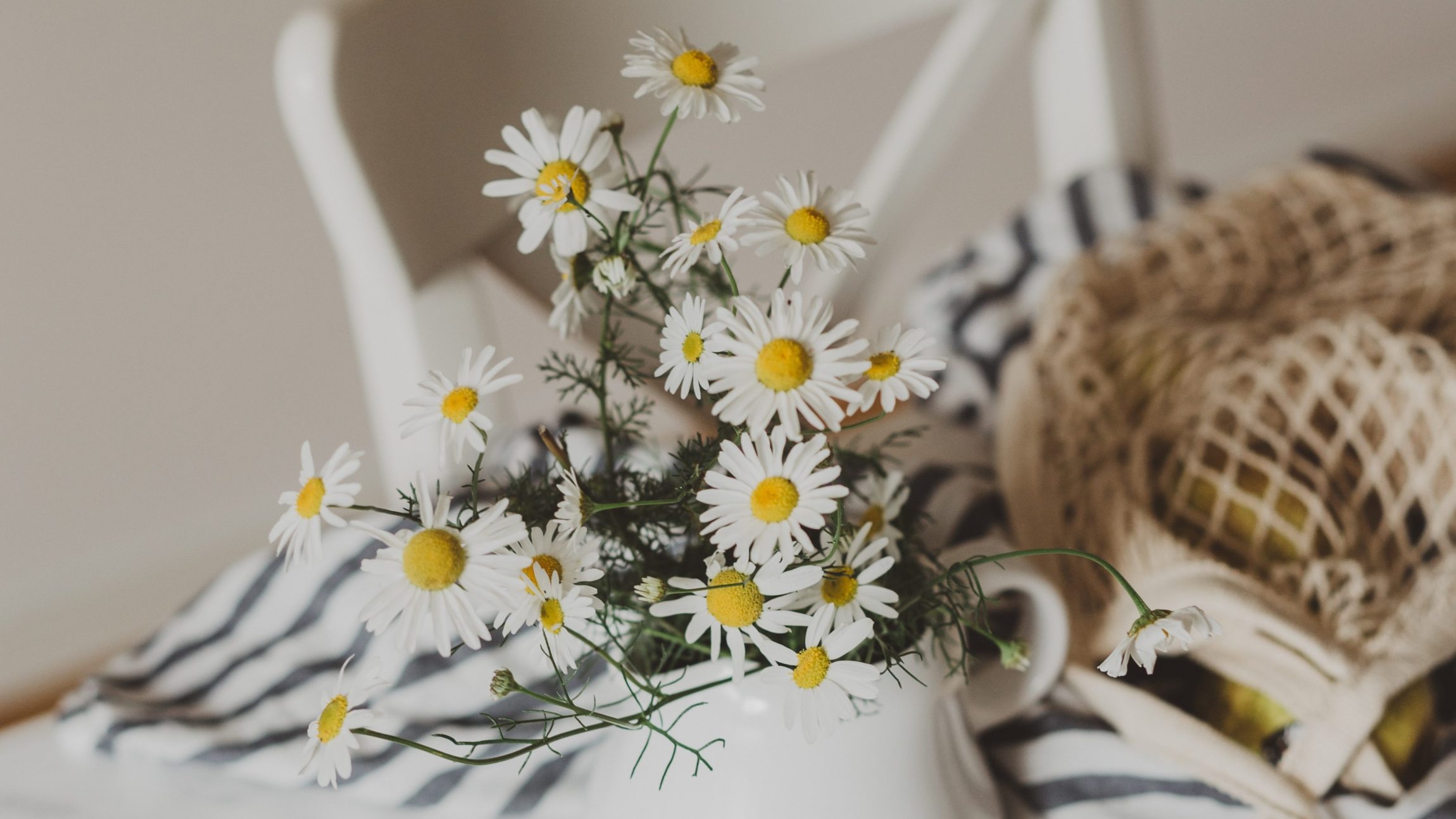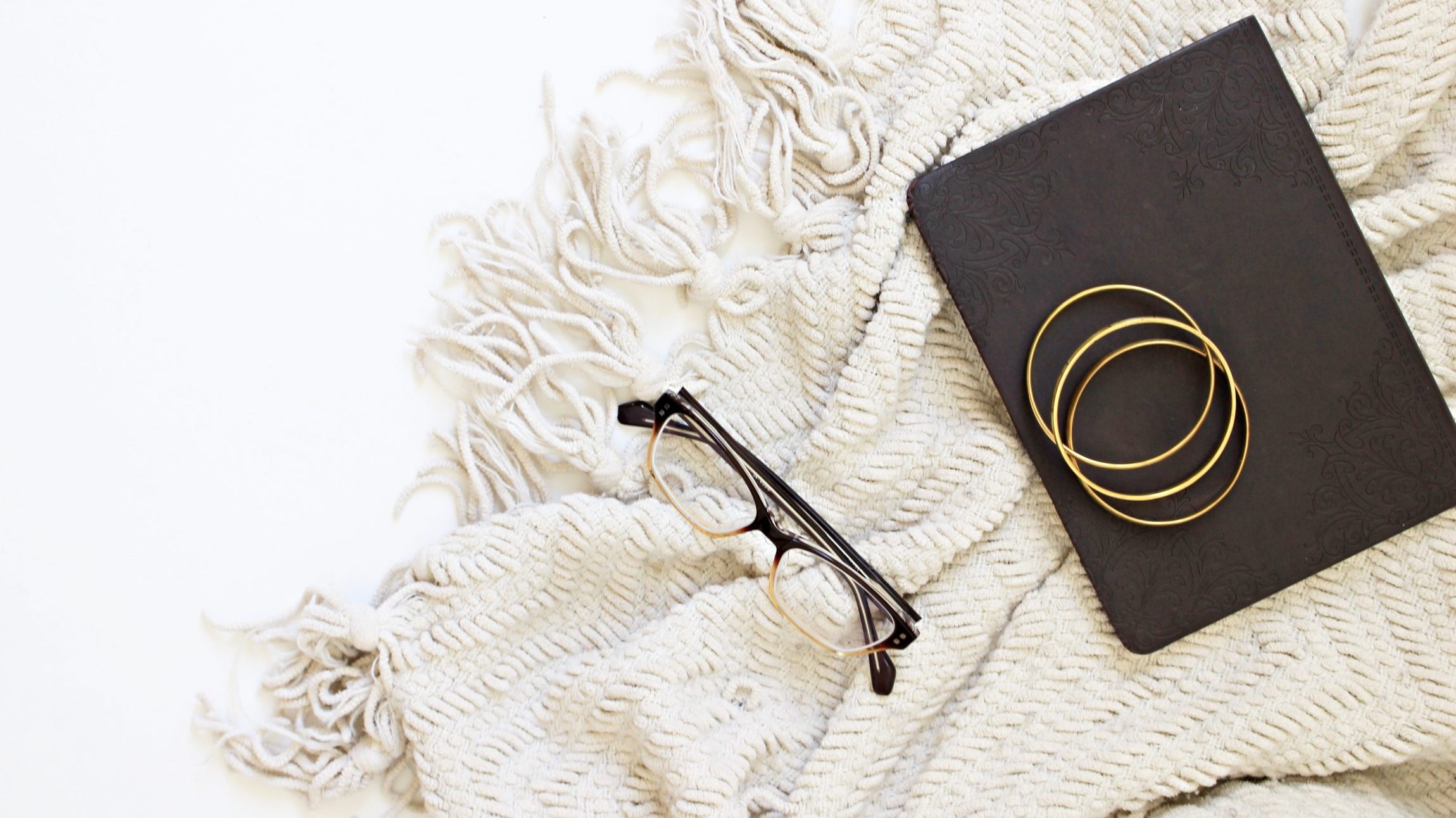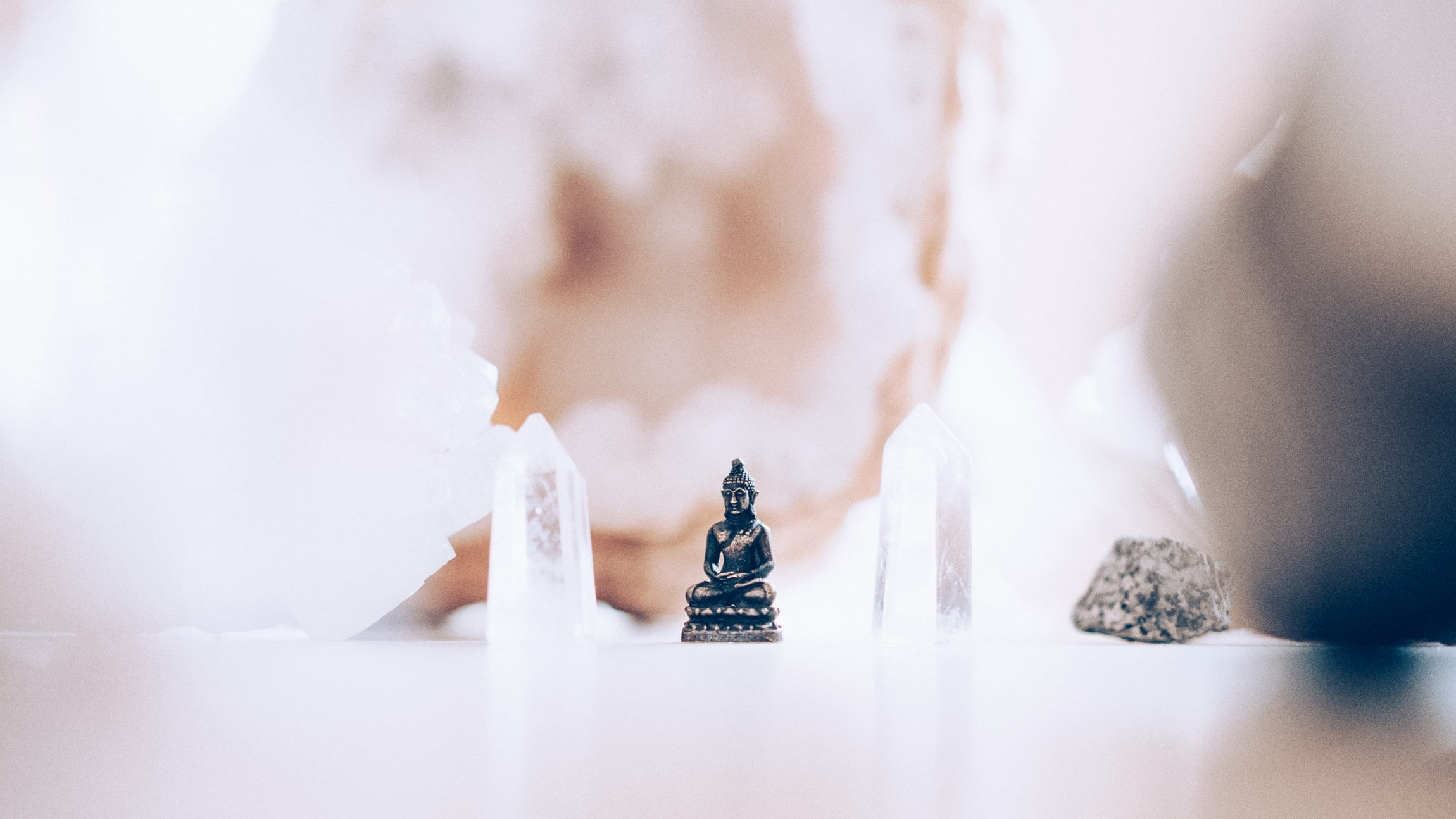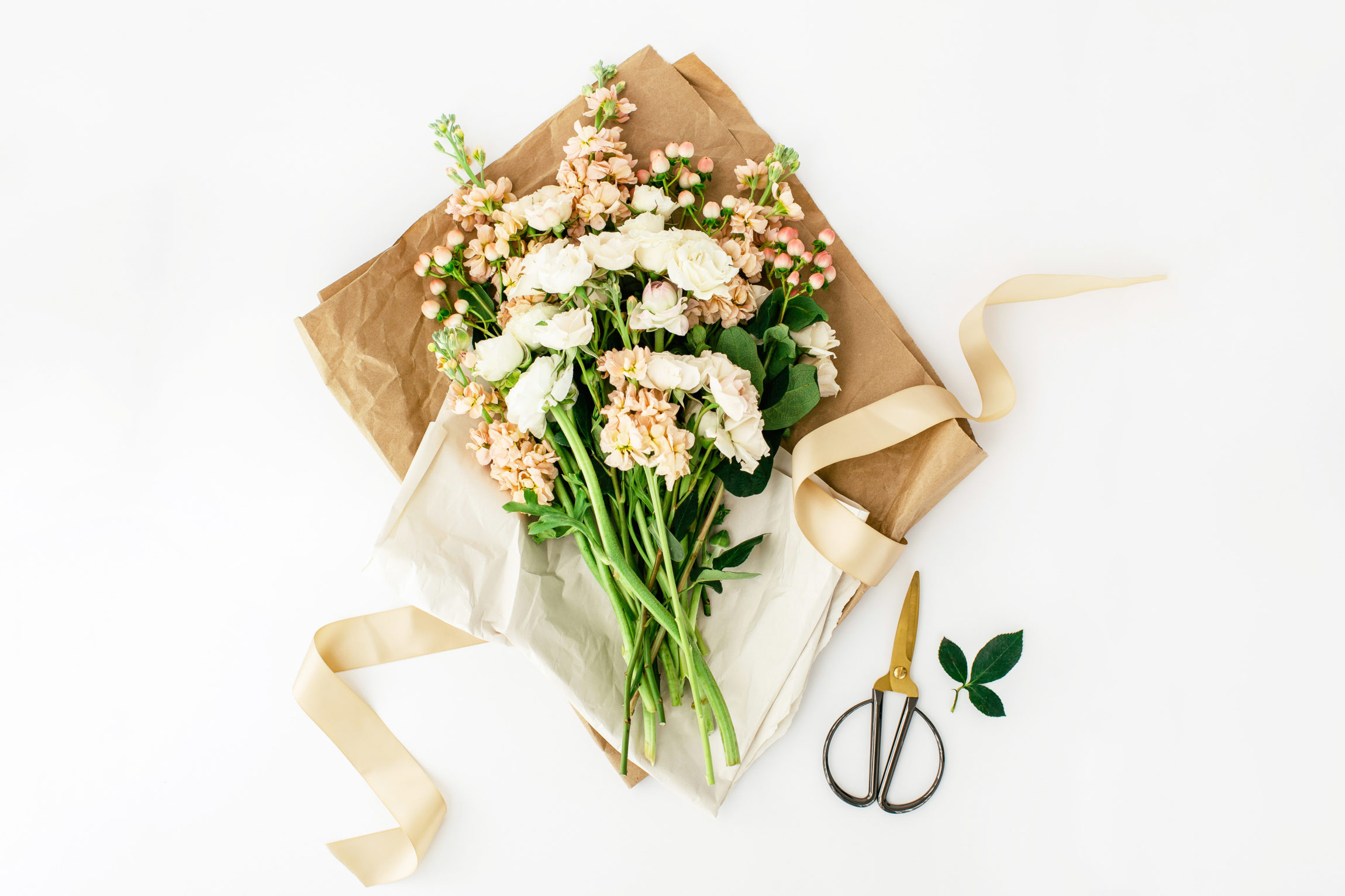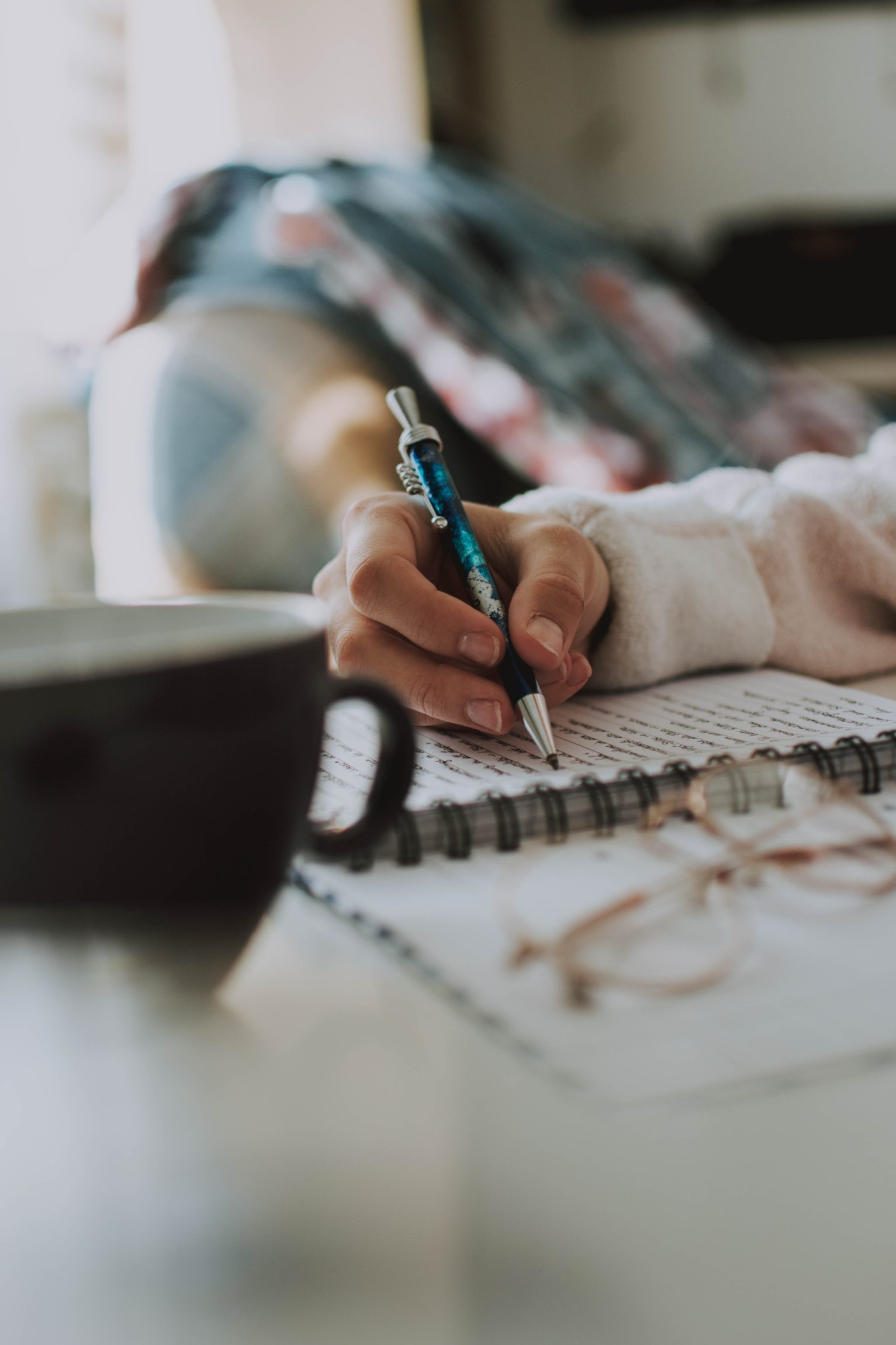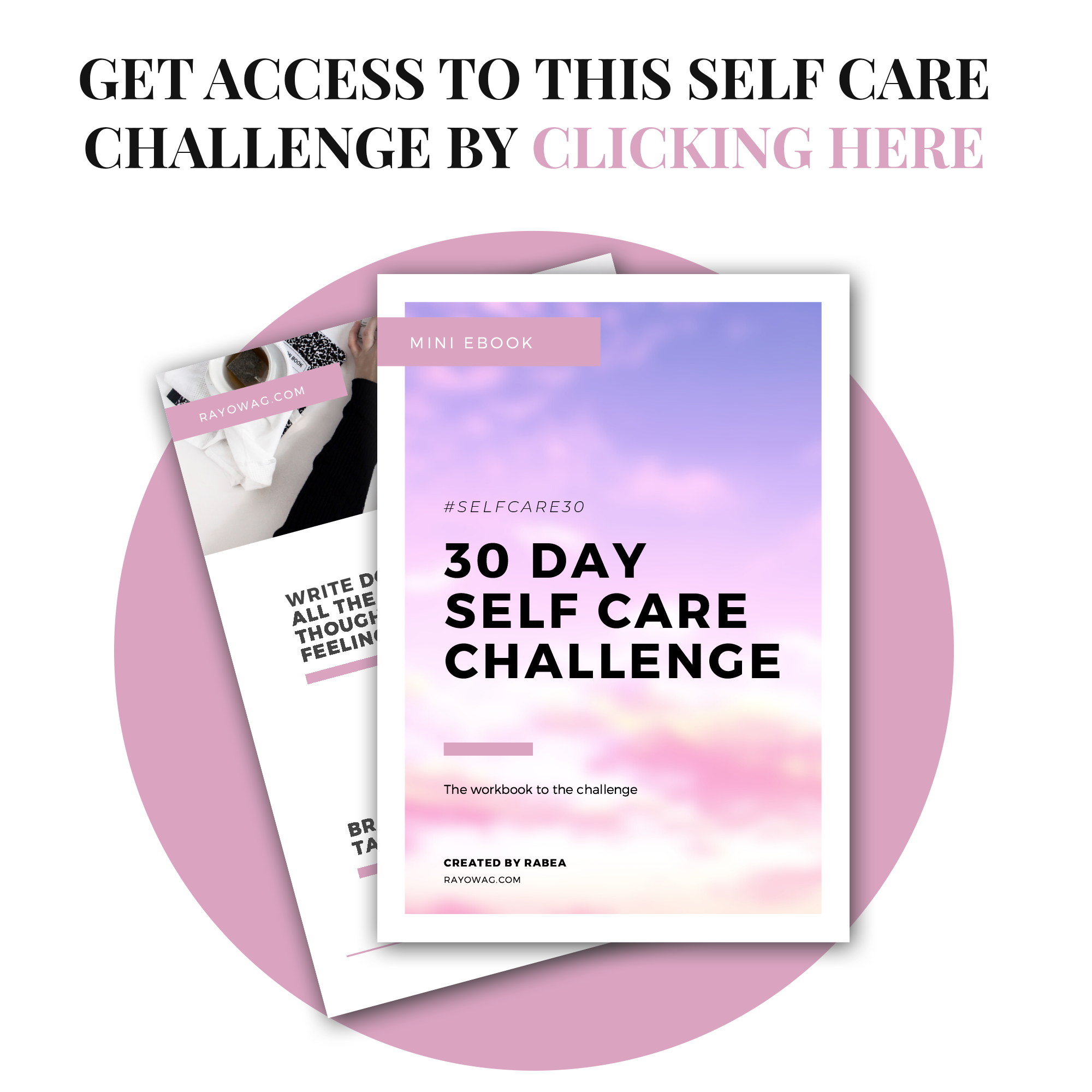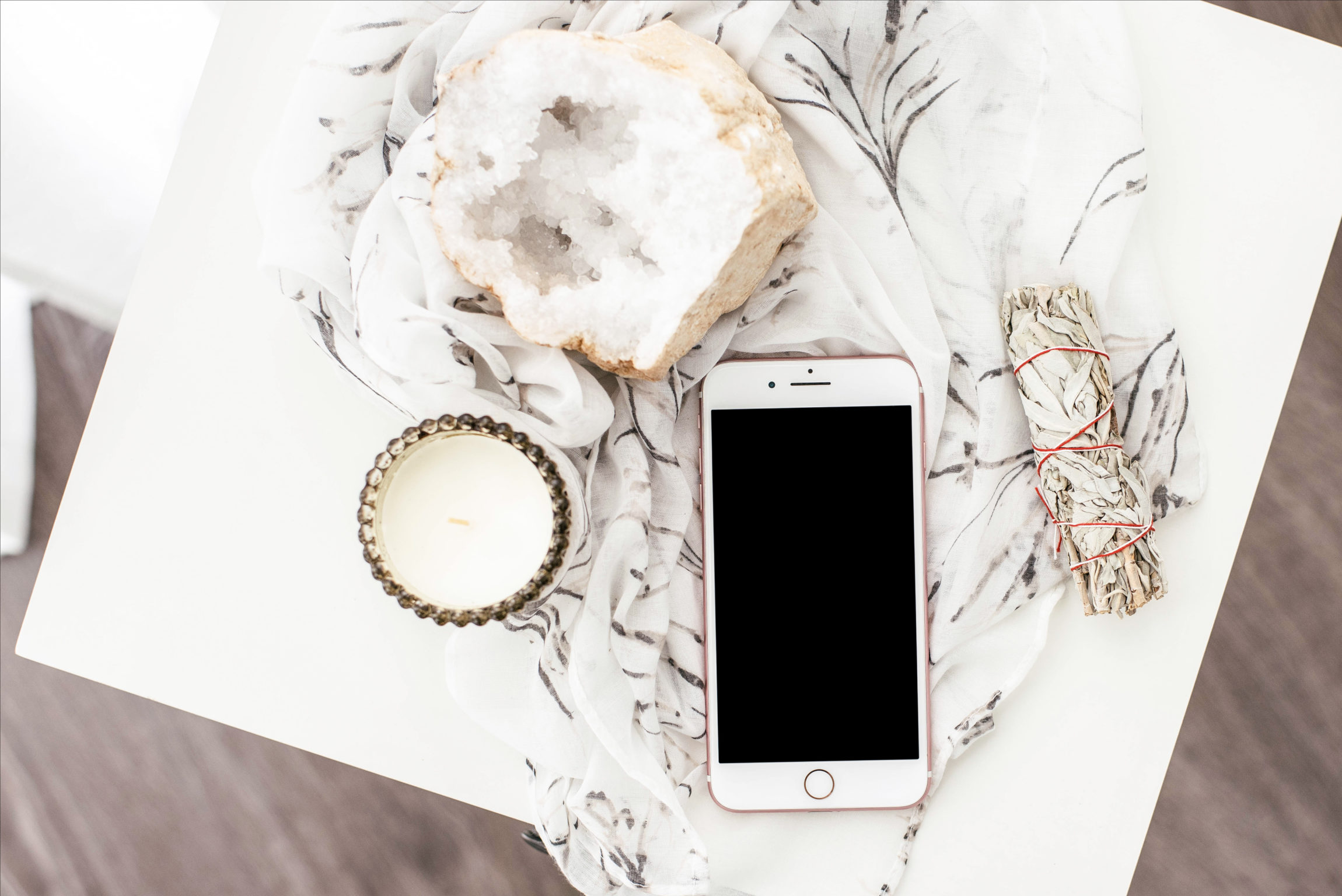
Common coping techniques for anxiety
7 years of my life have been spent with permanent background anxiety in my body. From all that time I took away the knowledge about the most common coping techniques for anxiety. Here they are and how they will help you!

Meditation
Our breathing can do so much for our body and the regulation of our nervous system. Meditation is an amazing way to get more connected to your body and breathing. It’s a hard habit to build, but an amazing one especially when you have evening anxiety. I used to do this the night before days I knew I’d be especially anxious because of appointments. Meditation improves your sleep, heart rate and stress hormones. In case you wanna learn more about the researched effects of meditation I recommend my post about it HERE.
Reframing thoughts
This is a thing you will learn pretty fast if you are in therapy for anxiety. You slowly need to learn to observe your thoughts to know exactly what is causing the anxiety and then you can reframe them into a positive or neutral statement. Maybe you have the irrational fear of people seeing that you are insecure about something. Then you can reframe it back into a more logical space by telling yourself that what others think of you is not defining you and that people rarely even notice when someone is anxious. You’re basically learning how to respond to your inner critic, because that anxious voice inside of you isn’t really you.
Side note: This doesn’t apply to panic attack situations, in those situations you’ll need the skill set of breathing, mindfulness and calming self talk.
Best Case – Worst Case – Realistic Case Exercise
I absolutely love this exercise. Anxious people tend to catastrophize the future and this is such an essential exercise to practice for your common future fears. You will write down a situation you keep overthinking. Then you will write down the best outcome ever, the worst outcome ever, then you will look at both and at how similar situations usually go and form the most realistic case. You can do this on paper or in your head. This has helped me a lot when I was talking myself down about my goals.
Journaling
An anxious mind is constantly running all over the place. That’s why writing those running thoughts down is so essential. You will become more aware of repeated patterns the more you journal. You can look at your thoughts as an observer once you wrote them down. That way you can have a more rational look at your mind and act from more of a parent-like perspective and find more rational replies to your fears or develop fitting coping mechanisms. This also comes in hand if you go to therapy, because breaking patterns is pretty much a therapist’s job.
Working out
I know, I know. You knew this was coming in a post literally titled “Common coping techniques for anxiety.” Our mind and body are connected and hormones affect our emotions too. So working out is helping with stress hormones, getting out the adrenalin and getting some of those sweet happy hormones for a couple hours after. This is a habit that helps most people deal with anxiety. You don’t have to become obsessed with the gym, you can also just dance every day or go on long walks.
Those were the common coping techniques for anxiety that helped me for seven years. They are all fulfilling a purpose and help you fulfill needs. Speaking of fulfilling needs, I created a mini eBook about fulfilling your needs so you can develop a more balanced life and feel less anxious. Get it straight to your inbox:
Did you enjoy this post? Share it on Pinterest:

Common coping techniques for anxiety by Rabea

